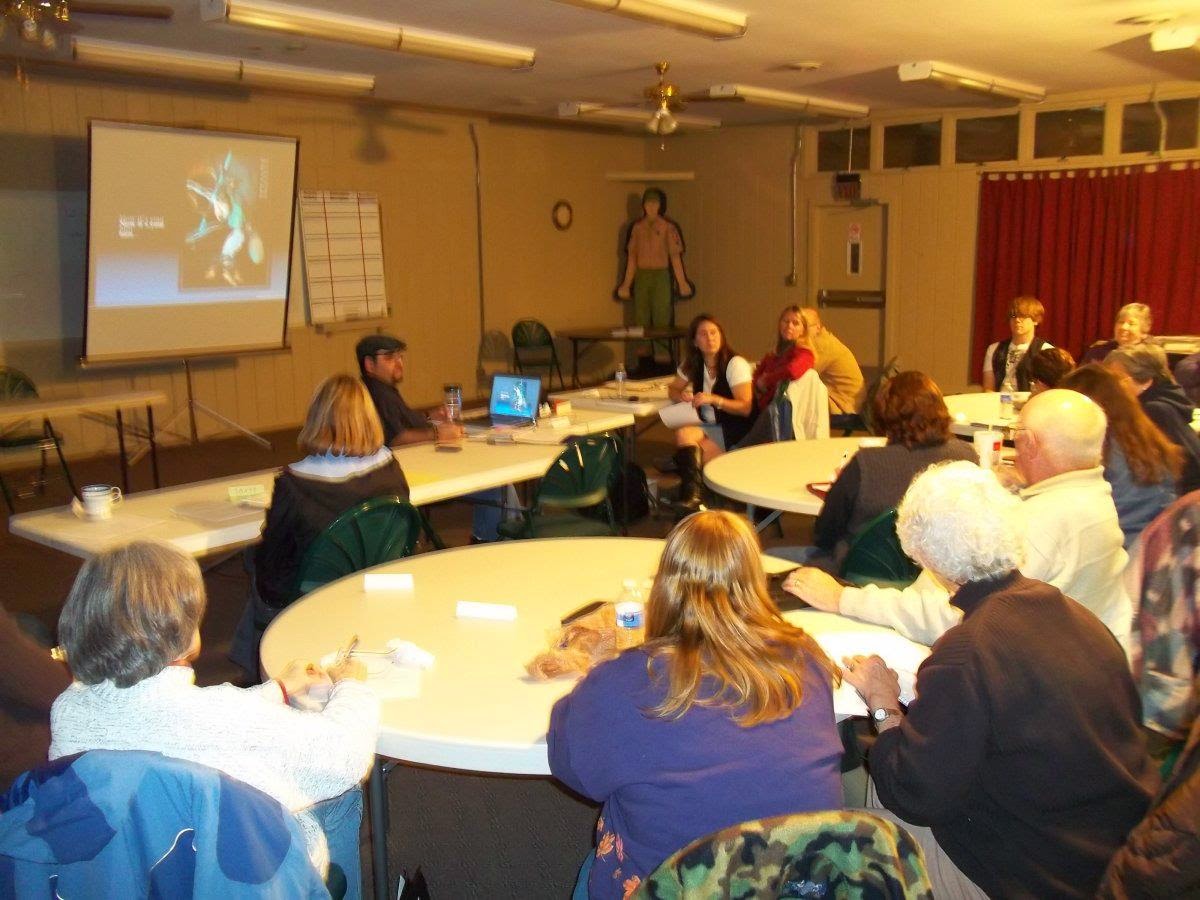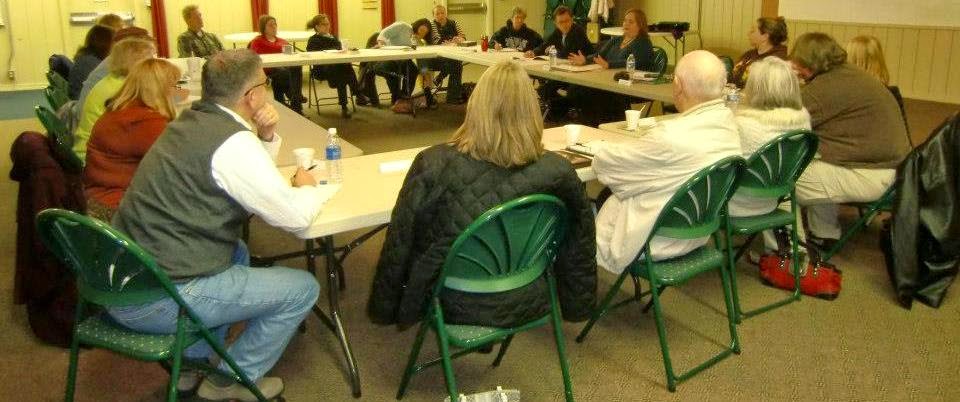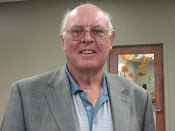Alliteration aside, is this you? Do you wonder which dash to use when and how to type the stinkin' things in the first place? There's only one dash on your keyboard, and technically that's a hyphen (a mini-dash, so to speak). Do you even know what that one is for?
If you're disoriented over dashes, then you've come to the right place because I have the dish on dashes.
Hyphens (-)
How to type it: this is the key between the number 0 and your +/= key—across the top of your keyboard. No spaces before or after .
Hyphens are the most-used dash. They are so used that The Chicago Manual of Style (16 ed.) devotes an entire ten-page table (pg. 375-384) to how to use the hyphen. So I can't begin to cover it all, but here are the basic uses:
- Some compound words (merry-go-round, helter-skelter, hell-raiser). Make sure you are using the most current dictionary when looking up compound words. Many evolve into non-hyphenated words over time (back-yard became backyard, leap-frog became leapfrog). In 2007, for example, sixteen thousand hyphenated words were eliminated—some becoming two words and some becoming one.
- Spelled out numbers twenty-one through ninety-nine (seventy-eight, nineteen thirty-seven)
- Compound adjectives modifying a noun (middle-class neighborhood, open-ended question). This one can get tricky. These are only hyphenated when they come before the modified noun. If they come after it, no hyphen (The neighborhood was middle class. The student's question was open ended.). This includes color adjectives before modified nouns (ruby-red sunset, blue-green eyes, reddish-brown flagstone) but not after (The sunset was ruby red. His eyes were blue green. The flagstone was reddish brown). Note: color hyphenation rules changed with the most recent edition (2010) of The Chicago Manual of Style.
- Age terms in these examples (a three-year-old, a fifty-five-year-old woman, a group of eight- to ten-year-olds) but not in these examples (seven years old, eighteen years of age) These examples apply equally when using numerals for the age terms.
- E-mail is hyphenated. Though trends are trying to drop the hyphen in e-mail, The Chicago Manual of Style still recommends it.
Em Dash (—)
How to type it: Hold down "Ctrl" and "Alt," then push the minus sign on your number pad (it will be near the top right corner of a normal keyboard) On laptops without number pads you should be able to hold down "Ctrl" and "Alt" and "Fn" and then push your :/; key.
Or, if you use Microsoft Word, immediately at the end of your word (no space), hit the hyphen key twice then continue typing your sentence. The double hyphen will turn into an em dash as you type. (Note: if you space at the end of your word, the double hyphen will turn into an en dash, so make sure you don't space our you'll end up with the wrong dash.) If you want spacing on either side of your em dash, you will have to use the "Ctrl" option above or go back and manually space it. There is no spacing rule, just be consistent.
Just trying to remember which is the longer dash, the em or the en, can be confusing. I think of it this way, the letter "m" has two humps, so when written, it is longer (em dash). The letter "n" has one hump, so when written, it is shorter (en dash). Voilà. Now you'll never forget it.
The em dash is the fun one—the life of the dash party. It is the one you see in sentences (see last sentence) and the one you will mostly hear us refer to in LWC critique sessions. When we say "dash," this is usually the one we mean.
You use it when you want a greater emphasis than the modest comma provides. Sure you could divide it into two sentences, but sometimes that doesn't provide the power an em dash can. The em dash is a flashing light catching the reader's attention just when the writer intends. There are three ways I could have written the sentence above:
The em dash is the fun one, the life of the party. (It's monotone, and there's no emphasis on my point—you barely notice it.)
The em dash is the fun one. It is the life of the party. (Ick! The addition of "It is" slows the pace. It's robotic and boring.)
The em dash is the fun one—the life of the party. (There's excitement here. I don't even have to use the overused exclamation point because the tone of the sentence emphasizes.)
See the difference? Good.
One more point with em dashes. They are almost always typed incorrectly as en dashes. So watch your keystrokes—they are very similar.
En Dash (–)
How to type it: Hold down "Ctrl" then push the minus sign on your number pad (it will be near the top right corner of a normal keyboard) On laptops without number pads you should be able to hold down "Ctrl" and "Fn" and then push your :/; key.
Or, if you use Microsoft Word, at the end of your word or number, SPACE, hit the hyphen key, SPACE again, then continue typing your sentence. The hyphen will turn into an en dash as you type. (Note: if you don't space at the end of your word, the hyphen will turn into an em dash, so make sure you space our you'll end up with the wrong dash.) If you don't want spacing on either side of your en dash, you will have to use the "Ctrl" option above or manually close the space. There is no spacing rule, just be consistent.
It is most often used to indicate a range of numbers. Here are some examples from The Chicago Manual of Style:
The years 1993–2000 were heady ones for the computer literate.
In Genesis 6:13–21 we find God's instructions to Noah.
I have blocked out December 2009–March 2010 to complete my manuscript.
Dash Spacing
If you were reading carefully, you noticed that Word spaces em dashes and en dashes differently if you use the hyphen key to create them. The Chicago Manual of Style says to be consistent with both. Use them in both cases or don't use them in both cases. The Chicago Manual of Style does not use spacing with em or en dashes within their own text, so I'm guessing it's only a matter of time before they make no spacing the rule. So in anticipation of that, even though I like the look of spacing and have always used it myself up until I researched for this post, I now recommend no spacing.
Note: For the purpose of this post, I used the correct dashes, however in other posts you will not see em dashes used because blogger does not have a way that I know of to create them. I had to copy and paste those in this post from Microsoft Word which is a bit tedious.Post by: LWC Director, Karen Aldridge. Visit her personal blog at My Writing Loft.











